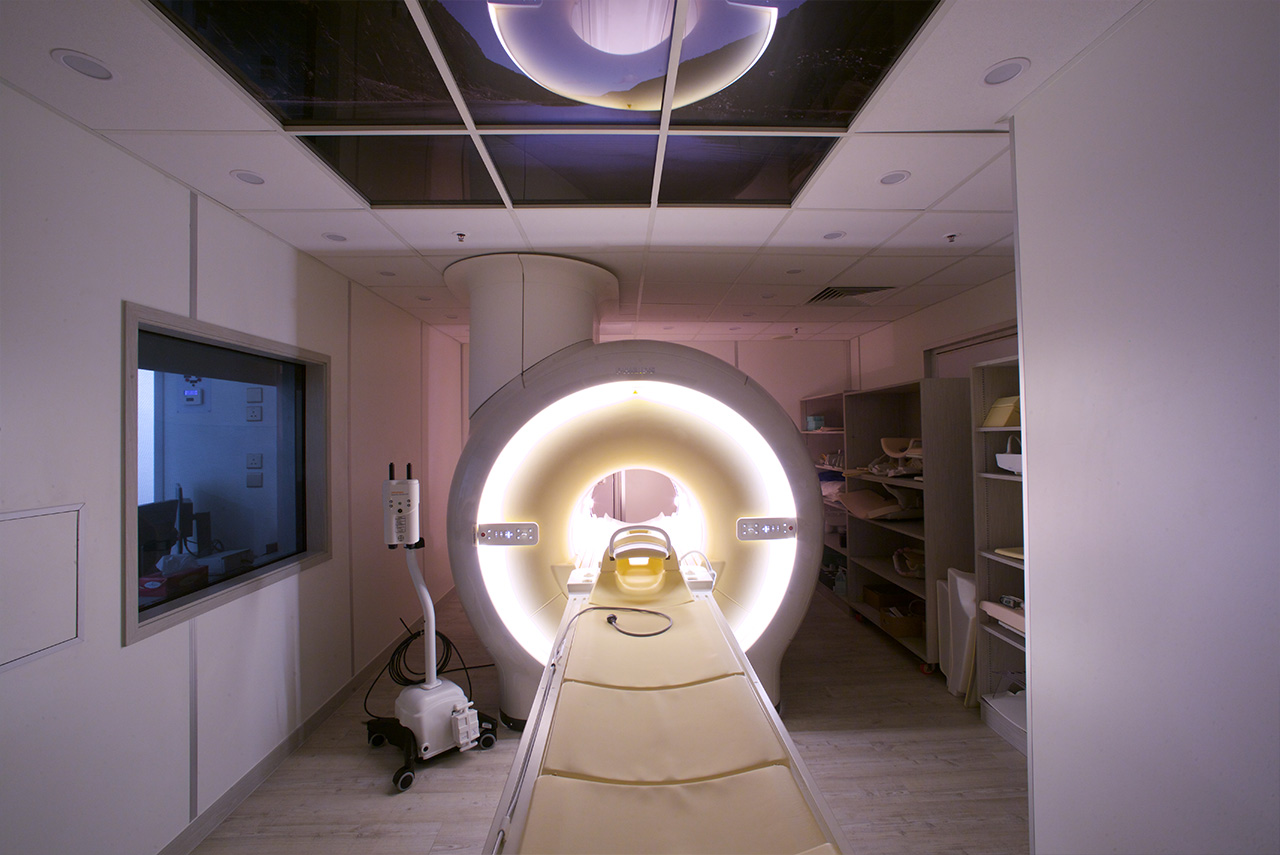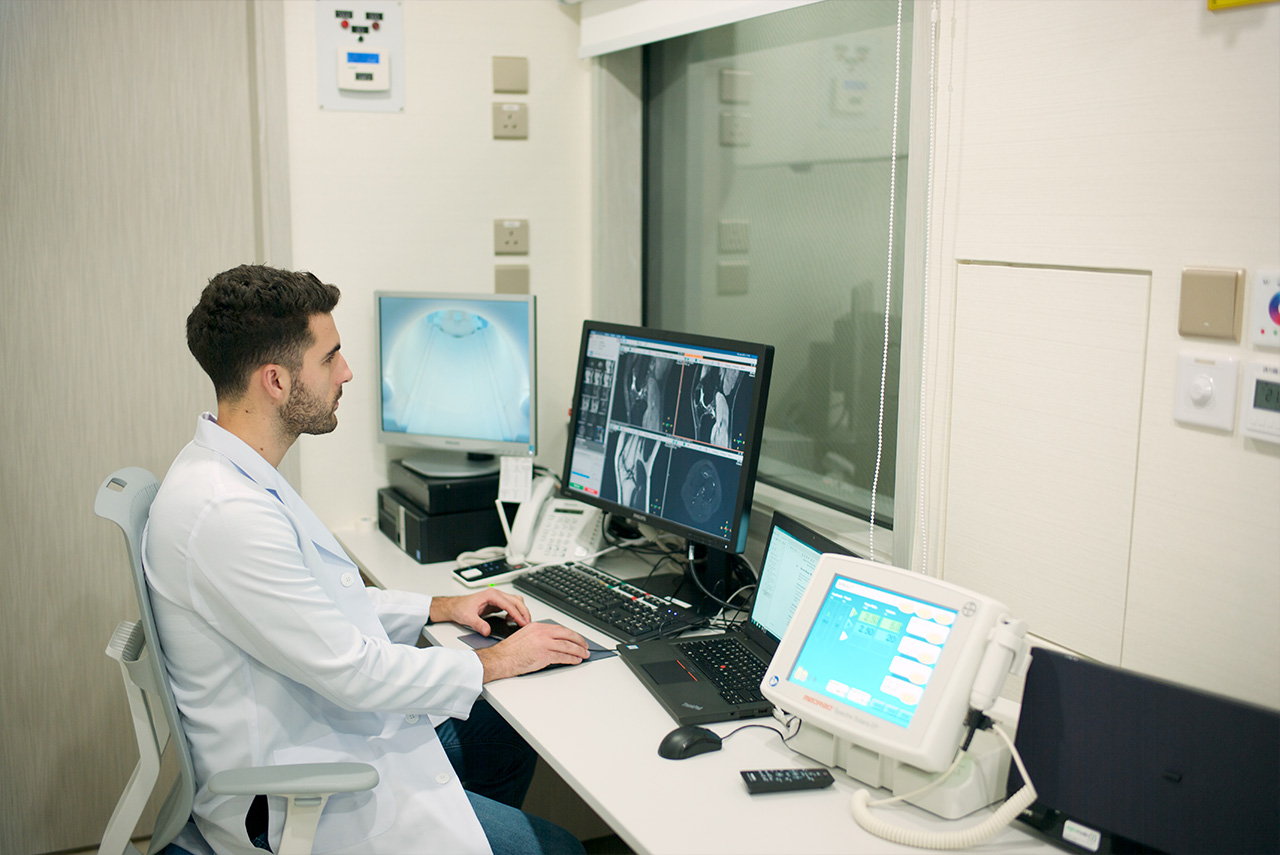There are two types of shingle vaccinations available, the Zostavax and the Shingrix. The Zostavax is a live vaccine that is given as one dose per person, and the Shingrix is not a live vaccine and is given as two doses, between 2-6 months apart. Both provide protection against a shingles outbreak, whether or not a person has already had one, and post-herpetic neuralgia.
The Shingrix vaccination is recommended for people who have a weak immune system, perhaps due to a pre-existing health condition or medical treatment, because it does not contain a live agent. Both vaccines are known to protect a person for up to 5 years and are highly recommended for any person over the age of 50. This is because the older you get, the more at risk you are. Shingles is a very unpleasant infection that causes rashes and blisters on parts of a person’s body as well as a lot of pain. It can last up to 4 weeks and on some occasions, it can last for a few years.
The shingles vaccine is not recommended to anyone who is pregnant, breastfeeding, who has shingles at the time of the vaccination, has an illness such as respiratory infection, has any allergic reactions to the components of the vaccine, has tested negative for the varicella-zoster virus (VZV) or has a high temperature.
How is the shingles vaccine administered?
The Zostavax is a vaccine for shingles that should only be administered subcutaneously, which means under the skin with a short needle. This is so the vaccine can be injected into the fatty tissue layer between a person’s muscle and skin. This is a very safe and convenient method of vaccination injection. Zostavax should not be injected intramuscularly (into the muscle).
The Shringrix vaccination, however, should be injected into a person intramuscularly. This injection technique is extremely common and it enables the vaccine to be absorbed efficiently deep into the bloodstream. This is because there is a greater supply of blood in the muscle tissue, than the skin and is able to hold a larger volume of fluid. This kind of technique is similar to the one used for flu shots. The most typical muscle used for this injection is the deltoid muscle, on your upper arm.
What to expect when you get a shingles vaccine
When you visit your medical professional to administer the shingles vaccine, you will be first prompted to complete a medical form to ensure you are not allergic to anything, are on any medication, and to check that you are eligible for the particular vaccine you have chosen. Next, you will be shown to the private room where the vaccination will be administered. You will be made comfortable, while the medical professional talks you through the process. The injection process is very quick and simple and is over within a matter of minutes. The medical professional will wash their hands, place a pair of clean gloves on and prepare a fresh set of equipment, which usually entails a syringe, a needle and the vaccination. The injection will then be administered into the relevant part of your body, usually your upper arm.
Both vaccines are used worldwide and have been deemed extremely safe. After the vaccine, there is a small chance you may experience some minor side effects. These are common for the first few days after administration and are nothing to worry about as they should resolve on their own. However, if the symptoms worsen, or differ from the ones noted on the list below, then it is vital you seek urgent attention from a medical professional.
Some common side effects from the shingles vaccine are:
- Redness, soreness and itching at the injection site
- Headaches
- A small case of chickenpox (rare)
- Muscle pain
- Fatigue
- Stomach pain
- Fever and chills
- Nausea
Every person will react differently to the shingles vaccination, so it is vital that you seek support if you are in doubt.
It is important that you consult with your medical professional before getting a vaccine, to ensure you are eligible to do so. They will also be able to provide you with detailed information on the vaccinations, which one is best for you, and what you can expect from the vaccination before, during and after administration.
The shingles vaccine comes highly recommended, especially for individuals aged over 50 years old, as the risk is much higher and shingles is extremely painful and uncomfortable to endure.
Contact Trinity Medical Centre for more information on the shingles vaccine.




